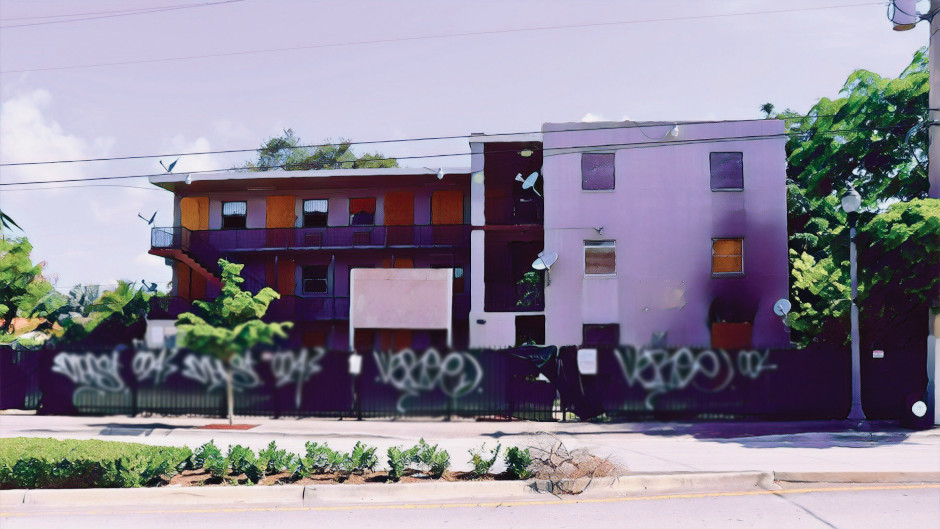A new grant from the Association of American Medical Colleges will advance the University of Miami School of Law and Miller School of Medicine’s outreach to Miami’s underserved West Grove community. The AAMC “Nurturing Experiences for Tomorrow’s Community Leaders” Awards provide funding to UM and four other U.S. medical schools to enhance learning opportunities to address health disparities while promoting collaboration among diverse stakeholders.
Anthony Alfieri, professor of law and director of the Center for Ethics and Public Service, said UM has a “historic leadership opportunity to marshal its resources across the fields of education, research, and policy to assist underserved communities of color in Miami and throughout the region.”
The UM project, “COVID-19: Evaluating Fault Lines in the Health of Our Communities and Developing Community-Centered Solutions,” builds on collaborative work being conducted by faculty from Miami Law and the Miller School of Medicine. It will engage medical students and law students interested in social justice and health care law in addressing the long-term impact of the pandemic on the mental, financial, and physical health of the West Grove community.
“We are pleased that the AAMC recognizes the significance of our work and that we can continue our efforts to enhance access to health care during the pandemic aligned with our community partners,” said Latha Chandran, M.D., M.P.H., executive dean and founding chair of the department of medical education.
The $10,000 AAMC award supports a collaborative initiative involving the Miller School and the UM School of Law Center for Ethics and Public Service, Grove Rights and Community Equity Inc., and the Coconut Grove Ministerial Alliance to tackle the challenges of population health. The award highlights Miami Law and the Miller School’s efforts to engage underserved communities and address the underlying social determinants of health.
“At the beginning of the COVID-19 pandemic, community leaders expressed their concerns about access to health care and disparities in outcomes,” said Shirin Shafazand, M.D., M.S., professor of medicine and deputy director of the M.D./M.P.H. program. She is the principal investigator of the AAMC grant and co-PI of a joint study being conducted by the School of Law and the Miller School in collaboration with the West Grove community, which has a majority Black population, as well as Community Health of South Florida, the neighborhood’s principal primary care provider.
“This multidisciplinary project will provide timely population health information for this underserved community, while providing our M.D./M.P.H. students with a unique opportunity to gain a personal understanding of how the social determinants of health affect individuals and families,” said Shafazand. “We believe that developing the knowledge and skills to deliver high-quality, equitable health care services is a vital step in training the next generation of medical leaders. This is a unique opportunity for medical, law, and public health students to work together and with the community, practicing valued interprofessional collaborative skills.”
In 2020, the Miller School and law school received a University of Miami Laboratory for Integrative Knowledge grant to launch the West Grove outreach initiative.
“Both Professor Alfieri and Timothy Loftus, M.D., now a senior law school student and fellow of the Center for Ethics and Public Service, have been instrumental to the success of this collaborative effort and are fully committed to training the next generation of leaders through this AAMC grant,” said Shafazand.
“Our students will engage in virtual town hall meetings with community stakeholders, and identify gaps in care using population health data, community surveys and focus groups,” she said. “They will participate in a study to quantify the impact of social determinants of health on medical, psychological, and social well-being, and have an opportunity to present their findings at local and national meetings. It is only through a multidisciplinary, community-centered approach that we can hope to identify and address health care disparities.”
Read more about the Center for Ethics & Public Service
More on studying health care law

